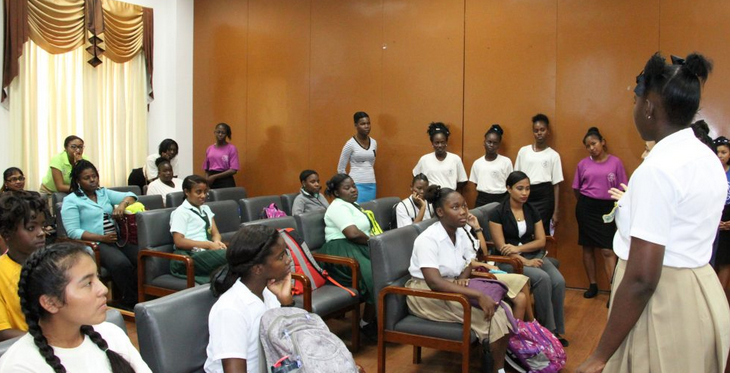Photo: Transformative Justice Coalition
Today, we remember the history of felon disenfranchisement as part of a 2-part article reviewing felon disenfranchisement and the individuals affected. The Transformative Justice Coalition is committed to working with groups worldwide to combat felon disenfranchisement. Written in October of 2016, “Understanding Felon Disenfranchisement Laws & The Individuals Affected” is a two-part Transformer original article examining felon disenfranchisement. Disenfranchisement is when you deny the right to vote to a person or group, or deny the right to vote through practices or policies.
In America, an estimated 6.1 million people with past felony convictions are denied the right to vote in a practice known as felon disenfranchisement.
Today’s article (originally Part Two in 2016) is meant to be an informative overview of the past and current state of felon disenfranchisement in America, and around the globe. This article delves into the origins of felon disenfranchisement laws that stem from Greece; how felon disenfranchisement laws made their way to the United States in the 1600’s and evolved through the Revolutionary War; and, the exceptions and difficulties created by the 13th Amendment, the first and second sections of the 14th Amendment, and the 15th Amendment.
The racist past of felon disenfranchisement is also be looked at, including: why felonies became a broad-brush political tool to disenfranchise Black voters; the origins of the American policing, and how it disproportionately affects African Americans; how Jim Crow laws came to be discriminatory disenfranchisement laws; and, how felon disenfranchisement is the lasting effect of the Jim Crow Laws.
Tomorrow’s #VRABlack History article will update Part One of the 2016 article focused on 2016 felon re-enfranchisement efforts on the state (Maryland, Virginia, and California) and federal levels, as well as provides information on the often confusing process of how those with past felony convictions may restore their right to vote. Tomorrow’s article hopes to clarify some of these misconceptions by exploring and explaining: individual stories of those affected by America’s felon disenfranchisement laws; voting rights for individuals who are incarcerated; voting rights for the formerly incarcerated (individuals with past felony convictions); the fight to restore the vote by the states; and, the fight by Congress to restore the vote through legislation.
For purposes of this two-part article, the author uses “felon disenfranchisement” as a broad-brush term to describe the state and federal laws that affect both those currently and formerly incarcerated, unless otherwise specified. The author also knows that there are many preferred terms for individuals with past felony convictions, such as “returning citizen”, “ex-felon”, and other terms such as, “citizen” and “resident”. For purposes of this article, the author most commonly uses the term “individuals with past felony convictions”, unless citing a quote or reference that uses a different term. References will be listed at the end of the article, with all quotes or references beginning with blue, underlined words that link to the source.
READ MORE: https://myemail.constantcontact.com/NEW–Today–We-Remember-the-History-of-Felon-Disenfranchisement–1600-s—Present—VRABlackHistory-2023.html?soid=1122865384673&aid=bIADODhAqxw
https://tjcoalition.org/











